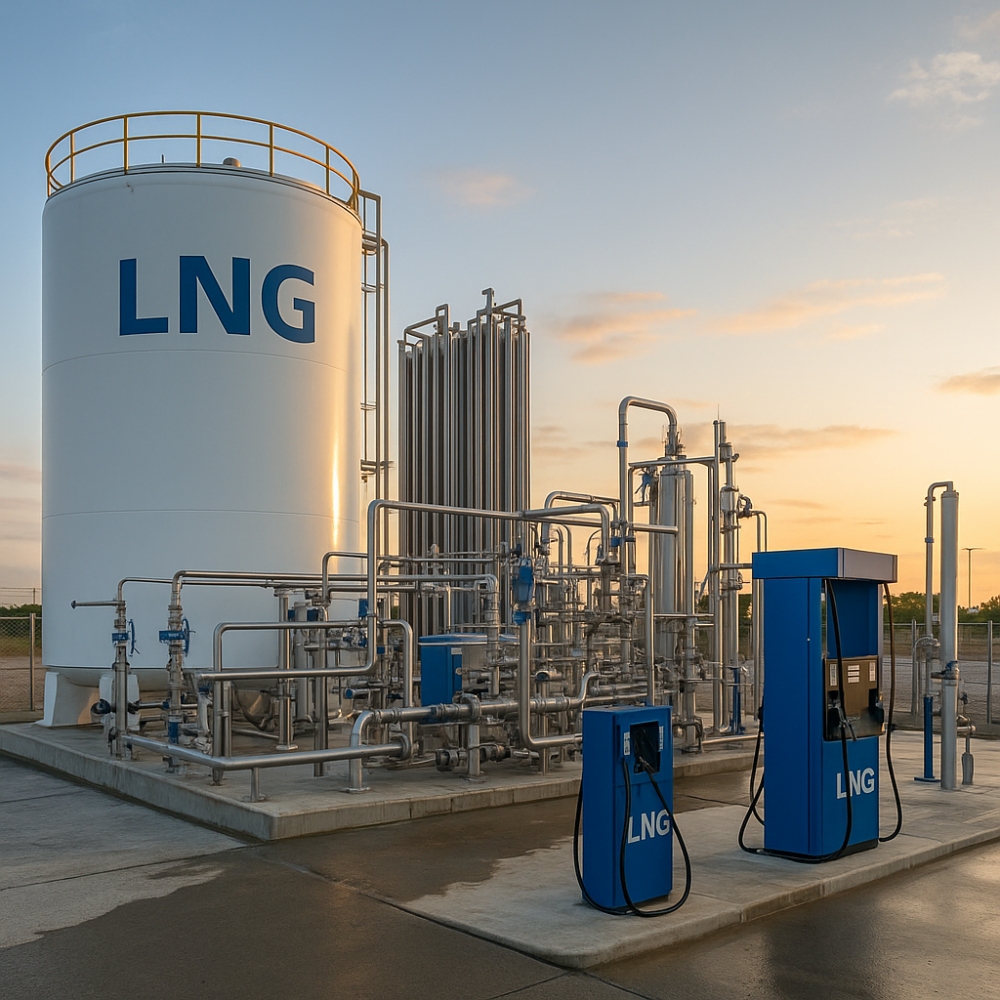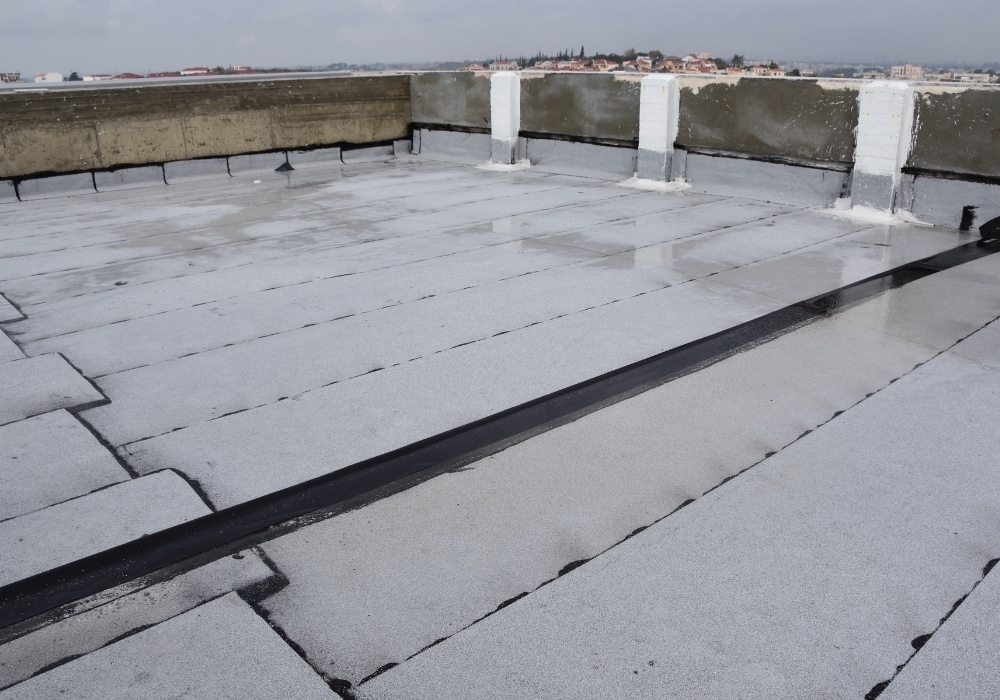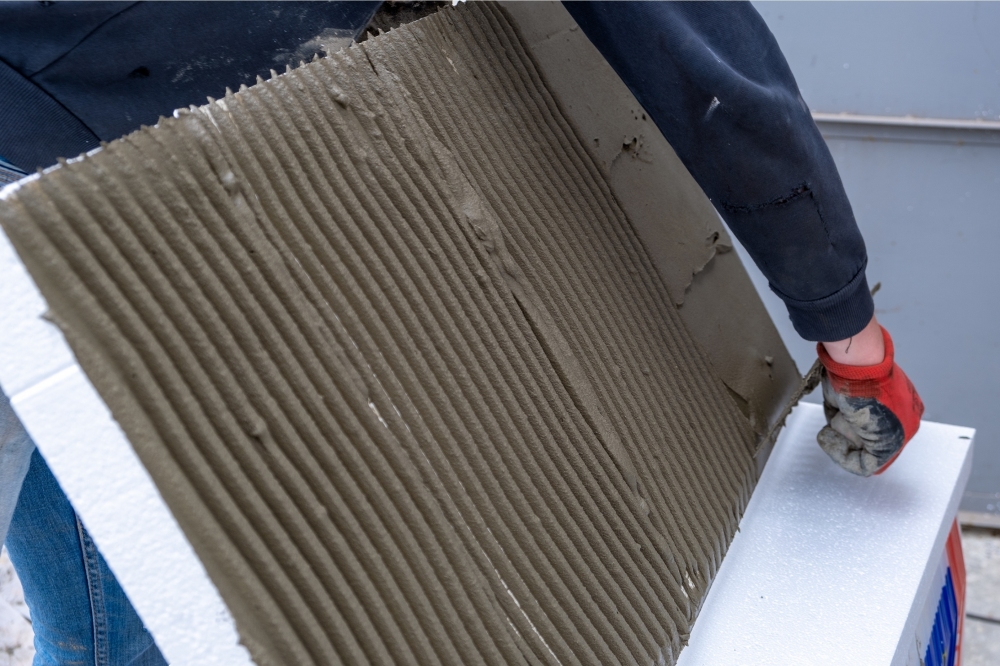
LNG & L-CNG Stations: Technical Guide, Permit Process
For investors aiming at energy infrastructure sustainability and efficiency, LNG (Liquefied Natural Gas) and L-CNG (Liquefied to Compressed Natural Gas) fueling stations are emerging as eco-friendly and cost-effective alternatives.
This comprehensive guide outlines all aspects of establishing a turnkey LNG & L-CNG station in Turkey, including technical standards, permitting processes, cost components, and return on investment (ROI).
What Is an LNG or L-CNG Station?
-
LNG stations are facilities that store LNG at -162°C and convert it back to gas for vehicle fueling or industrial use.
-
L-CNG stations convert LNG to compressed natural gas (CNG) by vaporizing and compressing it, offering dual service to both LNG and CNG users.
These stations are ideal for logistics fleets, industrial zones, ports, and organized industrial zones (OSBs).
Technical Standards & Required Equipment
Key Compliance Standards:
-
TS 13772 (TSE): Turkish standard for LNG refueling stations
-
TS 13612 (TSE): Turkish standard for CNG & L-CNG stations
-
ISO 16924 & 16923: International standards for LNG/CNG stations
-
API 620 / API 625: Cryogenic pressure vessel design standards
-
ATEX 2014/34/EU: Safety requirements for explosive atmospheres
-
NFPA 59A: Fire and explosion protection regulations
Main Components:
-
Double-walled, vacuum-insulated LNG storage tanks
-
Evaporators (vaporizers) for gas conversion
-
High-pressure compressors and L-CNG pumps
-
LNG/CNG dispensers with certified flow meters
-
Explosion-proof valves, sensors, and instrumentation
-
SCADA or PLC-based safety and control systems
Gas leak detection, Emergency Shut-Down (ESD), and fire protection systems are mandatory for operational safety.
Permit & Licensing Process in Turkey
LNG and L-CNG stations in Turkey require a multi-phase regulatory process. Key steps include:
1. Site Selection & Zoning
-
Land must be zoned for energy infrastructure or fuel stations
-
Municipality or OSB (Organized Industrial Zone) pre-approval is required
2. Technical Project Design
-
Drawings must comply with TSE/ISO/API standards
-
ATEX 137 documentation and fire safety layout
-
Electrical, structural, and environmental plans
3. Construction & Municipal Licenses
-
Fire safety approvals, building permits
-
Final approval for Business Opening and Operating License
4. TSE Service Competency Certificate (HYB)
-
Post-construction inspection by TSE
-
Certification for TS 13772 / TS 13612 compliance
5. EPDK License (Energy Market Regulatory Authority)
-
Required license: Wholesale Stationary Natural Gas Sales License
-
Minimum capital: ~2 million TL
-
GSM license and TSE certificate are prerequisites
Full permitting process takes approximately 6–12 months, depending on location and documentation readiness.
Turnkey Station Cost Breakdown
Project cost varies based on capacity, system type (LNG-only or L-CNG), dispenser quantity, and automation sophistication.
Typical Investment Components:
| Component | |
|---|---|
| LNG Storage Tank (30–60 m³) | |
| Evaporators & Pumps | |
| Dispensers & Flow Meters | |
| Compressor (for L-CNG) | |
| Automation & SCADA | |
| Construction & Civil Works | |
| Licensing & Consulting |
ROI: Return on Investment
-
Average ROI: 4–7 years
-
Shorter ROI for high-demand fleet operations
-
LNG provides 20–30% lower fuel cost compared to diesel
-
Electricity, maintenance, and LNG logistics also affect profitability
Projects by Efil Construction
Our Services Include:
-
Site survey and technical feasibility study
-
Custom project design and compliance engineering
-
Full permit management (Municipality & EPDK)
-
Installation of tanks, dispensers, SCADA systems
-
System testing and commissioning
-
Post-delivery support and maintenance
For a custom quote or on-site consultation, feel free to contact us today.



